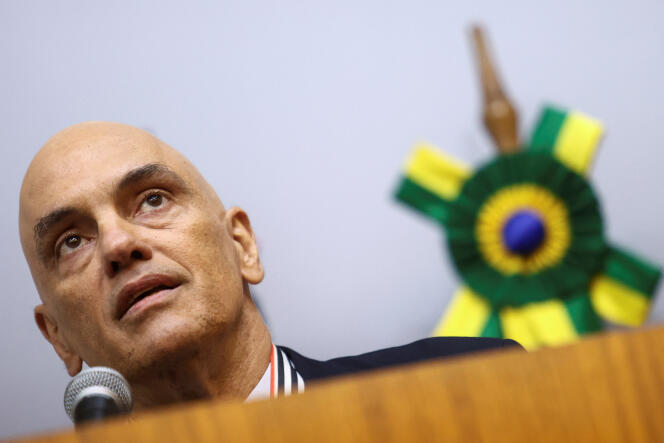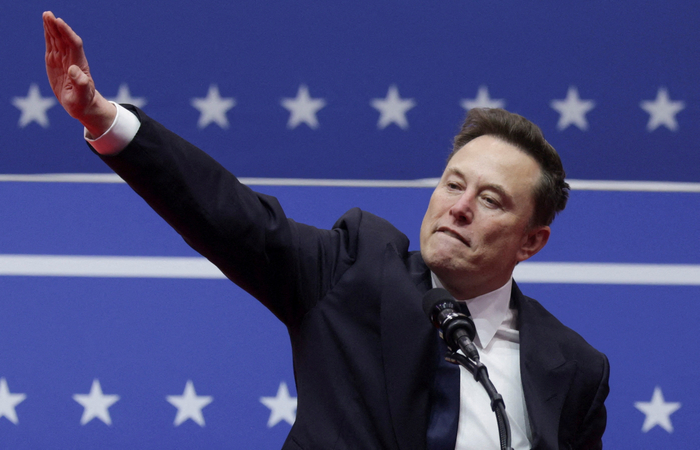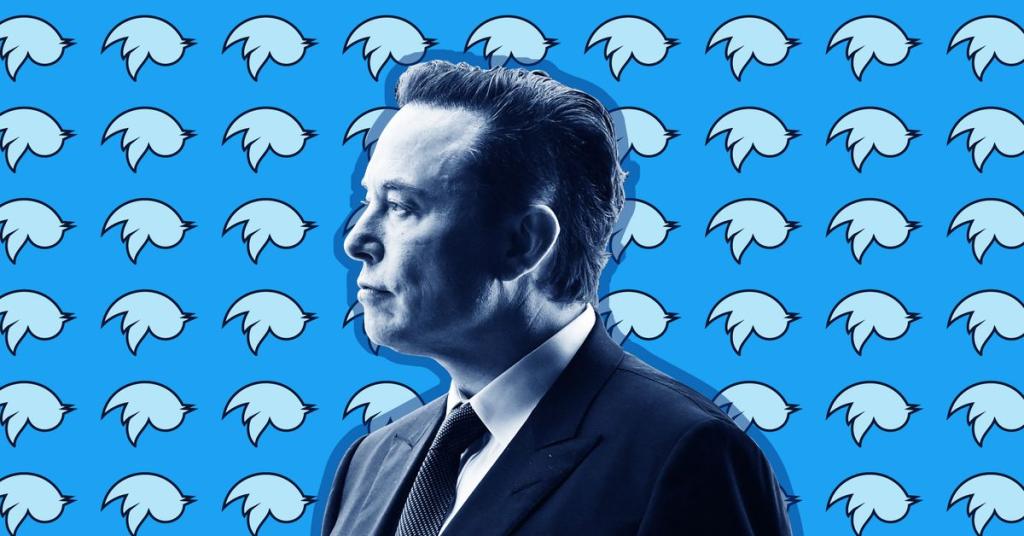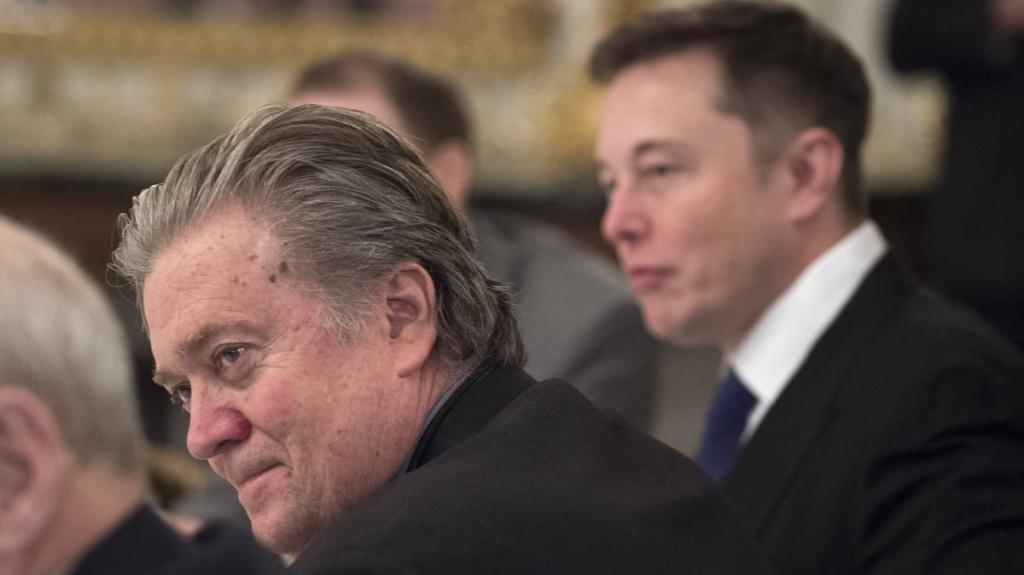Elon Musk Faces Brazil's Justice in Social Media Showdown
Elon Musk confronts Brazil's Justice Alexandre de Moraes in a pivotal clash over social media regulation, free speech, and political integrity.

Key Points
- The conflict between Elon Musk
and Justice
Alexandre de Moraescenters on X's failure to comply with orders to regulate misinformation in Brazil.
- Moraes' refusal to back down highlights the broader struggle between free speech and the need for responsible regulation in maintaining democracy.
- The outcome of this standoff could have significant implications for social media governance and political discourse both in Brazil and globally.
The battle between Elon Musk and Brazilian Supreme Court Justice Alexandre de Moraes is drawing considerable attention as the social media platform X, formerly known as Twitter, faces the possibility of being blocked in Brazil. This conflict represents not just a clash of personalities but an intersection of free speech, digital governance, and the consequences of disinformation in the political arena. As Musk asserts his commitment to free expression, de Moraes stands firm on the necessity of regulating misinformation—which he argues endangers democracy.
The Context of the Conflict
The roots of this conflict trace back to a series of legal orders issued by Justice Moraes to combat misinformation during Brazil's tumultuous political landscape. In April, the judge ordered the suspension of several accounts on X that were allegedly disseminating fake news related to former President Jair
’s electoral defeat in 2022. This decision followed a wave of protests and accusations of corruption stemming from the election results.
On August 30, after X failed to appoint a legal representative in Brazil—a requirement for foreign companies operating in the country—Moraes issued a 24-hour ultimatum under the threat of suspension. The stakes are high, especially with municipal elections on the horizon, as many fear that X's non-compliance could lead to a churn of misinformation that may influence voter behavior.

The Implications of Non-Compliance
X's refusal to comply with Moraes' orders is significant. The platform announced that it expects to be banned in Brazil, claiming that its non-compliance stems from a commitment to free speech rather than an act of defiance against Brazilian law. Musk has not minced words, characterizing Moraes as a “dictator” and an obstacle to freedom of expression, saying, “One day, @Alexandre, this picture of you in prison will be real. Mark my words”. This narrative of resistance cleverly appeals to Musk's supporters, who view this as a broader fight against governmental overreach.
Global Perspectives and Local Reactions
The international implications are also noteworthy. Brazil holds significant market potential for social media platforms, with roughly 40 million users engaging with X each month. Losing this market could significantly impact X's appeal on the global stage, as well as Musk's broader ambitions in Brazil, particularly with his satellite company,
, aiming to improve internet access in remote areas.
Public opinion is divided. Some Brazilians see Justice Moraes as a necessary guardian of democracy, arguing that he offers a structured response to the chaos of social media misinformation. Supporters of Bolsonaro, on the other hand, view Moraes' actions as an attack on freedom of speech, orchestrated by a judge who has grown too powerful.
What Lies Ahead?
The future of X in Brazil remains uncertain. If the ban is enforced, the practical steps could take place swiftly, likely rendering the platform inaccessible to Brazilian users within hours of the court's orders. Those using Virtual Private Networks (VPNs) to circumvent the ban may also face penalties, making this situation even more complex.
This conflict serves as a crucial case study for how digital platforms navigate international laws and cultural contexts while grappling with their responsibilities towards users and governments alike. As these developments unfold in Brazil, they may set a precedent that could influence social media governance worldwide.
The standoff between Musk and Moraes exemplifies a broader struggle within human societies as they adapt to the evolving landscape of information technology. While the stakes remain high, both sides of the debate underscore an essential truth: prudent governance of online platforms must consider various facets, balancing the ideals of free speech with the responsibilities of maintaining social stability and democracy.


